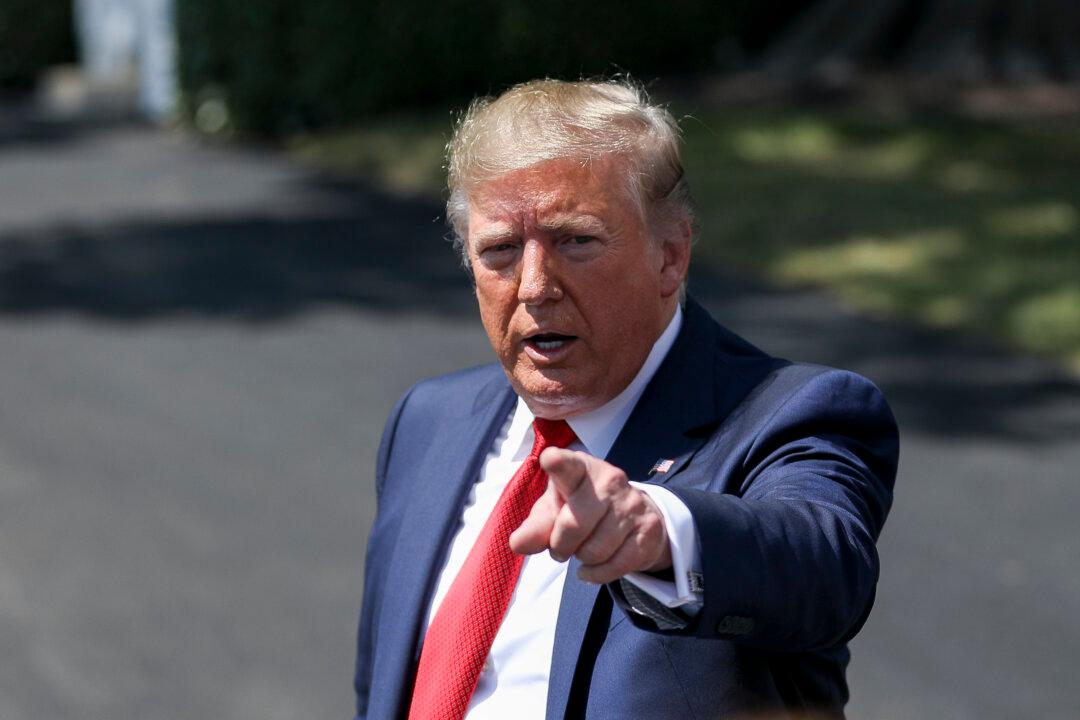President Donald Trump’s latest round of tariffs on Chinese goods aimed at balancing the “very unfair trading relationship” with the Chinese regime is garnering praise from Republicans but also causing concern among the business community.
In an announcement on Aug. 23, Trump raised tariffs on $250 billion worth of Chinese goods—that are currently imposed—from 25 percent to 30 percent, which will begin on Oct. 1. Additionally, he increased the rate of the newly announced tariff on $300 billion of goods—scheduled to begin on Sept. 1—from 10 percent to 15 percent.




